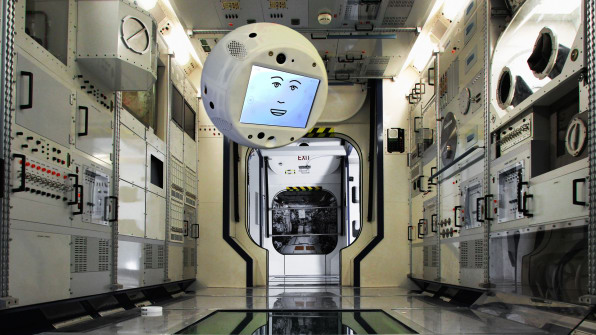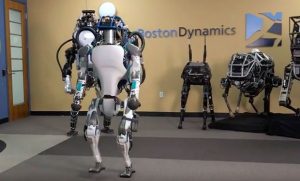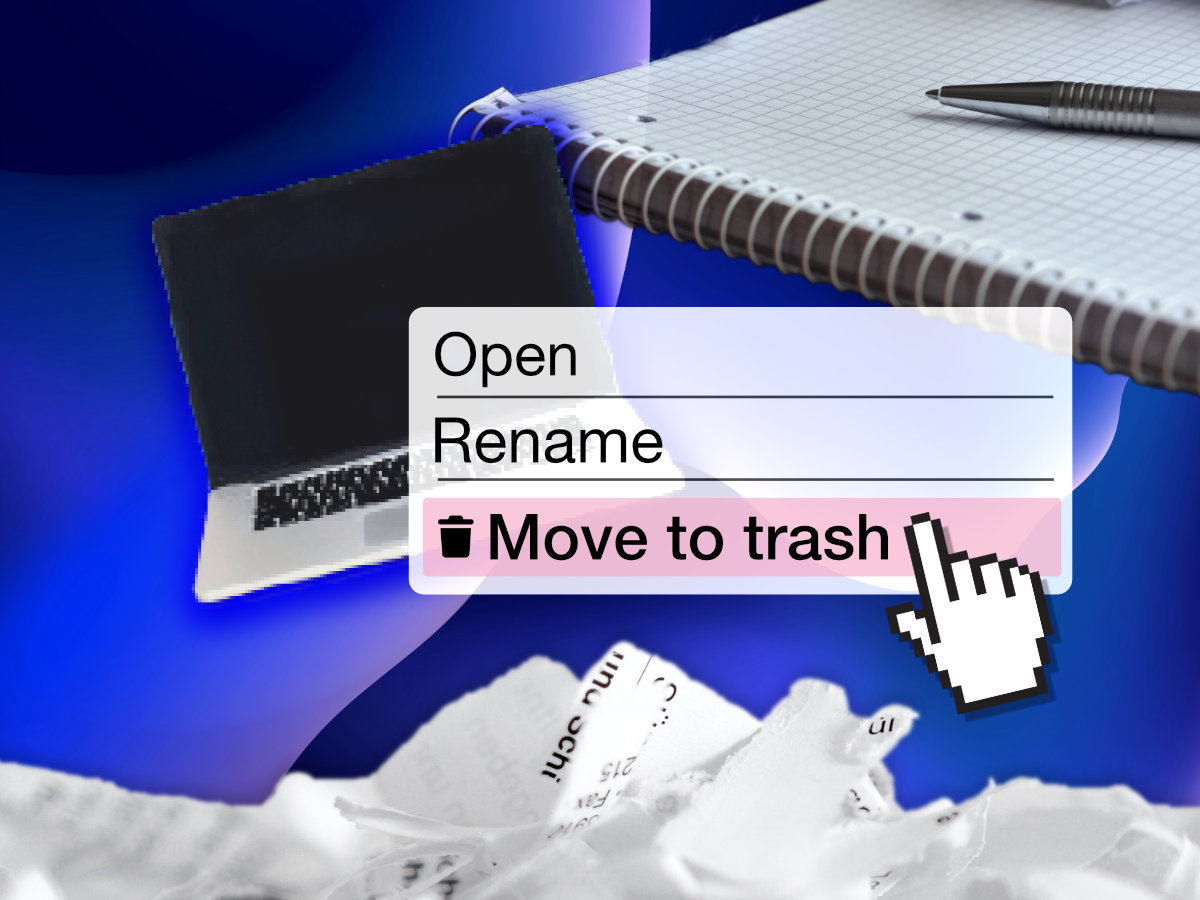
The Crew Interactive Mobile Companion (CIMON) was sent up to the International Space Station, an addition that should improve morale in space.
The “flying smart sphere” will be able to move throughout the station with little jets that propel it to different habitation modules. It will be able to relay footage of astronauts doing experiments and help relay information to the astronaut. Kirk Shireman, the International Space Station (ISS) program manager, says that artificial intelligence (AI) will be important as humans venture out into space.
“Having AI — having that knowledge base and the ability to tap into it in a way that’s useful for the task that you’re doing — is really critical for having humans further and further away from the planet,” Shireman said.
Robotics has the potential to completely upend and revolutionize how we operate in space. Space is dangerous. Astronauts have to do spacewalks outside the station to do repairs, and there are so many things that need to be done inside the space station, including running experiments and keeping the space station operating. Senior Clayton Ramsey, captain of Woodside’s Robotics team, states that robots are more reliable in space.
“[Robots] reduce human risk, can perform tasks with high precision and repetition, and can handle much more safely and reliably in space,” Ramsey declared.
Robots will be used a lot more in the future of space exploration.
“Boston Dynamics have a lot of humanoid robots that will definitely be of use in the future,” Anna Beaver, a senior and another member of Woodside Robotics, explained. “The Atlas robot could do normal tasks humans would otherwise have to do, saving a human from going on a spacewalk. It saves a human from having to put on a space suit and go out into space.”

CIMON is being billed as artificial intelligence in space, but senior Zeejai Leonard disagrees with that terminology.
“Oh, it’s great and fine, but don’t say it’s AI,” Leonard said. “That’s just an instruction manual that talks. This doesn’t involve any intelligence.”
Artificial intelligence is the capacity for machines to work, think, and react like humans, including speech recognition and learning. CIMON doesn’t automatically learn new things as he continues to work in the ISS, meaning it’s not necessarily AI.
“It’s space Alexa!” Leonard added. “Space Siri. Not AI.”
We can expect more tools like CIMON in space as humans go further out into the solar system.
“We have to have autonomy,” Shireman concluded. “We’ll have to have tools like this to have the species successfully live far away from Earth.”








